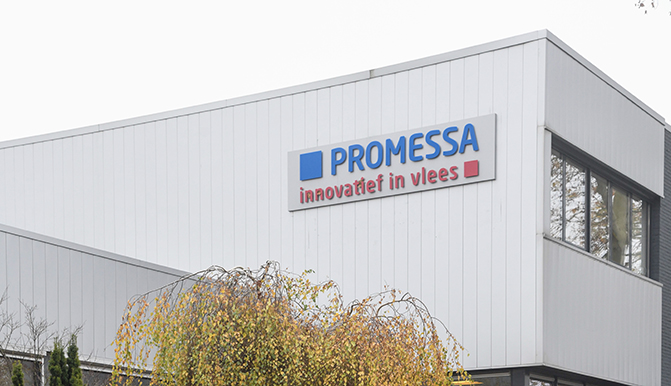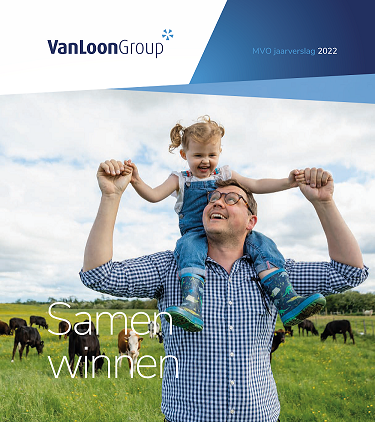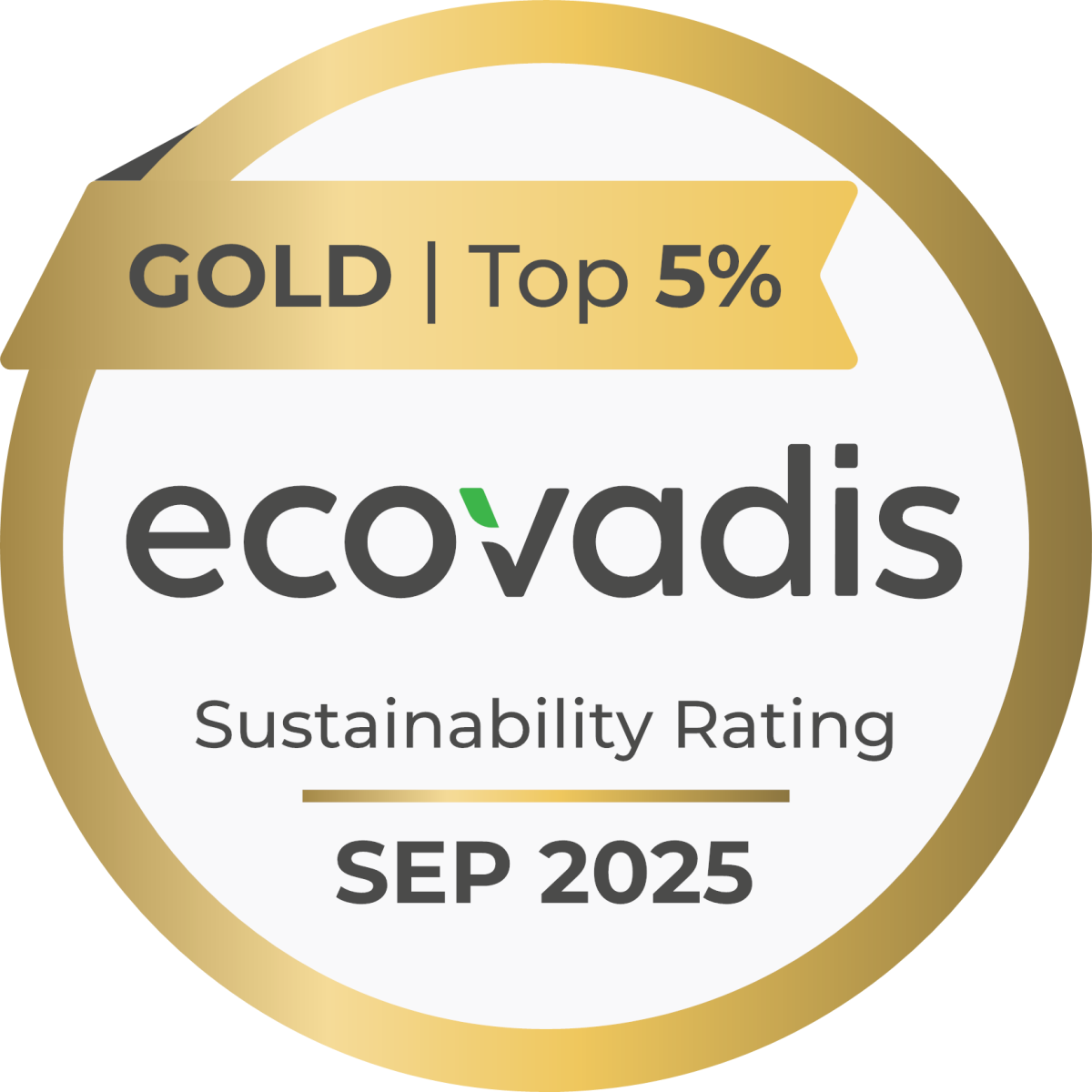
_sbti.jpg)
Climate ambitions of Van Loon Group approved by SBTi
Reduction of CO2 emissions by 2030 within the norms of the Paris climate agreement |
Contribution to protein transition through the use of plant-based raw materials
The Science Based Targets initiative (SBTi) has validated and approved the CO2 reduction targets for Van Loon Group for 2030. With these ambitious goals, Van Loon Group complies with the Paris Agreement to limit global warming to a maximum of 1.5°C. As a chain orchestrator, Van Loon Group is capable of making this commitment. Together with our chain partners, we ensure sustainable meat products and convenience products are accessible to everyone.
Sustainable business operations and reducing the CO2 footprint of livestock chains
Roland van Loon, CTO of Van Loon Group and responsible for Sustainability: "We are a family business that has been active in producing delicious meat products and convenience products for over 50 years. Since 2010, we have been reporting on the reduction of our own direct and indirect CO2 emissions (scopes 1 and 2). Our goal is to reduce the absolute emissions by 66% by 2030 compared to our base year of 2019. We achieve this by, among other things, making our companies more sustainable in terms of waste, transportation, packaging materials, and the use of renewable energy. The largest CO2 emissions come from the indirect greenhouse gas emissions in the value chain outside our company (scope 3). Van Loon Group also commits to reducing these greenhouse gas emissions: 46% for fossil emissions and 33% for FLAG emissions*.
_sbti_klein-thumbnail-big.jpg
)
We demonstrate that it is indeed possible for a meat processing company to reduce CO2 emissions to a level that aligns with the Paris Agreement. With our chain concepts Pork at its Best and Beef at its Best, we oversee the entire chain as a chain orchestrator. Together with our farmers and established chain partners for genetics, feed, and animal health, we can adjust the right parameters to reduce our footprint."
*FLAG emissions (Forest, Land, and Agriculture): greenhouse gas emissions resulting from agriculture and deforestation for the cultivation of crops for, among other things, animal feed.
Protein transition: replacing a portion of meat with plant-based raw materials
Robert van Ballegooijen, CEO of Van Loon Group: "In our vision, meat will remain an essential part of a healthy diet. Meat is an important source of nutrients such as iron, zinc, and vitamins B1, B6, and B12. Together with our chain partners, we are working hard to further sustain our meat chains. Additionally, we make a significant contribution to the protein transition by replacing a portion of our meat raw materials with plant-based raw materials in a large number of products together with our customers. The consumer's desire for tasty, nutritious, and affordable products is always the starting point. It is our mission to make sustainable and delicious meat products and convenience products accessible to everyone.
Please view the approved 'near-term targets' of Van Loon Group here (page 729)

